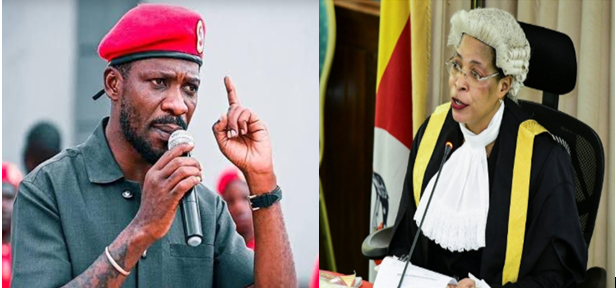The Constitutional Court has thrown out a petition that sought to challenge the legality of Sections 1 and 16 of the Trial on Indictment Act.
These sections allow Magistrates Courts to first handle capital offences such as murder before sending them to the High Court for trial.
The case was filed by Asingwire Alex Mukasa, who argued that it is unfair for Magistrates Courts to carry out these “committal proceedings” since they cannot grant bail in capital offences. He claimed this violates the constitutional right to a fair and speedy hearing, as well as the presumption of innocence.
Mukasa also contested Guidelines 10(2) and 10(3), which set rules for granting bail in criminal cases only the High Court can hear. He said these rules go against Articles 2 and 23 of the Constitution by adding bail conditions not originally intended.
The Attorney General opposed the petition, saying these issues had already been decided in earlier cases and could not be reopened.
Justice Esta Nambayo, delivering the lead judgment, agreed. She said Section 1 had been upheld in the Barihaihi v. Attorney General case, and the petitioner had given no strong reason to change that ruling. Section 16, which restricted bail, was already declared unconstitutional by the Supreme Court in a case brought by the Foundation for Human Rights Initiative.
On the issue of Section 16 still being used by some Magistrates Courts, Nambayo said that if this happens, the proper step is to go to the High Court to enforce constitutional rights. “Once the Supreme Court has ruled on a matter, lower courts cannot reopen it,” she said.
The court also ruled that the bail guidelines were not unconstitutional. Nambayo explained that capital offence bail is not banned it can still be granted but only by the High Court, which decides each case based on its circumstances.
Four other justices Justices Irene Mulyagonja, Byaruhanga Jessy Rugyema, Ketrah Kitariisibwa Katunguka, and John Mike Musisi agreed with her decision.
















